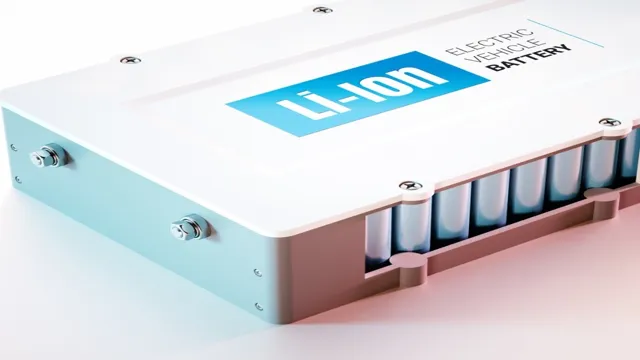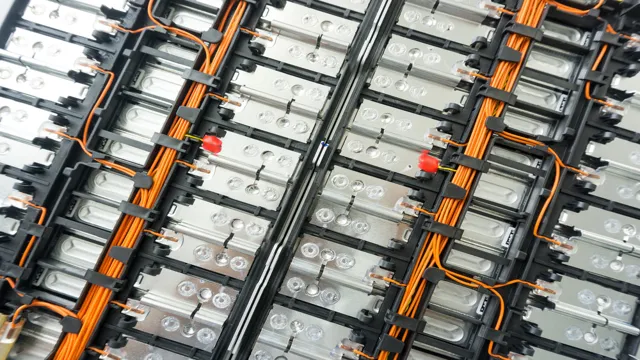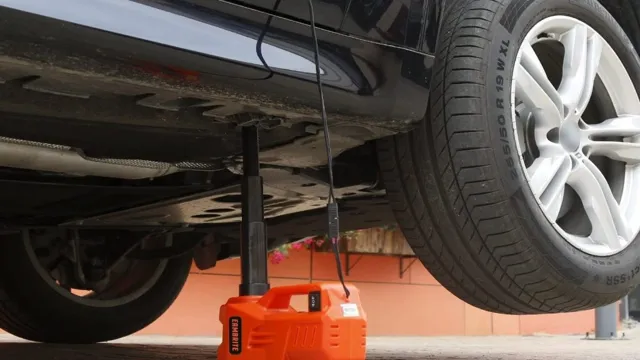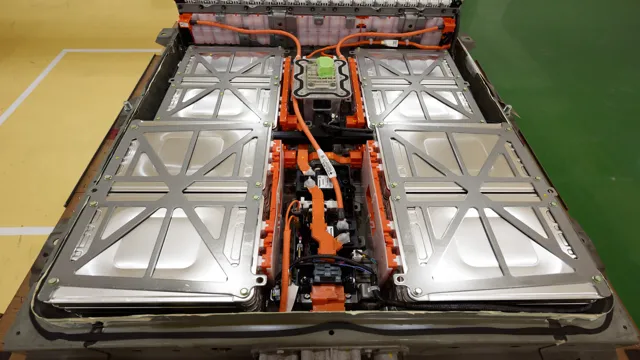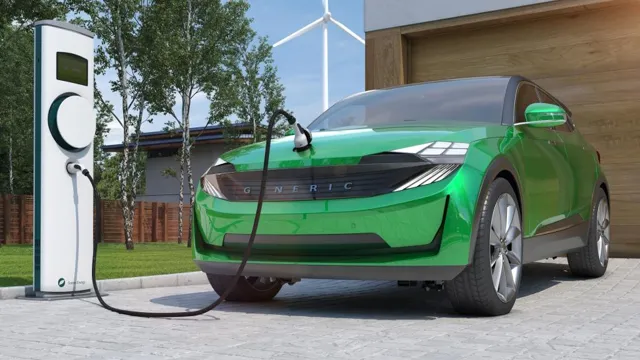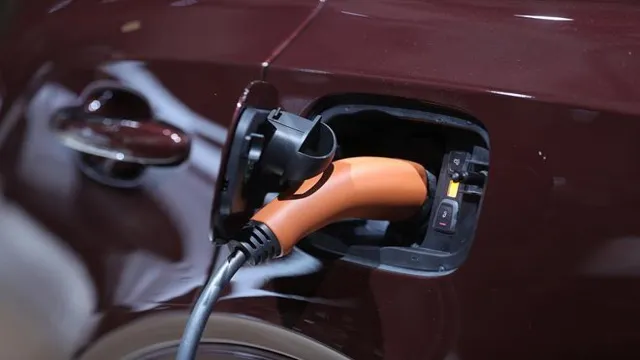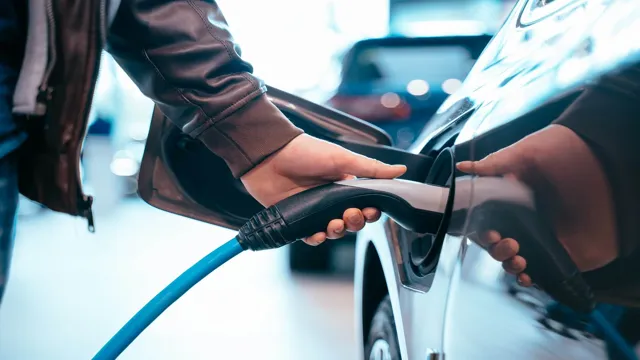Revving Up Responsibility: The Environmental Impact of Electric Car Battery Disposal in New Zealand
If you’re one of the rapidly growing number of eco-conscious drivers to have made the switch to an electric car, you’ve likely wondered what happens to the battery once it’s time for disposal. Unfortunately, electric car battery disposal in New Zealand continues to be a contentious issue and one that many drivers remain uninformed about. As we all know, batteries are made of hazardous materials that pose a significant risk to the environment and public health if not disposed of safely.
Therefore, it’s essential to educate ourselves on the proper disposal method to ensure the planet remains habitable for future generations. In this blog post, we’ll explore the challenges surrounding electric car battery disposal in New Zealand and the measures being taken to address them.
Overview
Electric car battery disposal in NZ is a crucial topic since the number of electric vehicles on NZ roads is increasing as the country works towards reducing carbon emissions. The process of disposing of these batteries is not as simple as regular car batteries, as they contain lithium and other heavy metals that can be harmful to the environment. Currently, there are limited solutions for responsibly disposing of these batteries, with some local councils and private companies offering services to recycle them.
It’s important to consider the impact of the disposal process on the environment and support sustainable solutions for recycling or repurposing. Proper disposal of electric vehicle batteries is essential for ensuring a cleaner and healthier future for NZ.
The Growing Need for Electric Car Battery Disposal
As the world shifts towards a more sustainable future, electric cars are becoming increasingly popular. While these vehicles offer a range of benefits, they also come with a unique challenge: what to do with their batteries once they reach the end of their life. Unlike traditional car batteries, which can be recycled relatively easily, electric car batteries contain a range of toxic and potentially hazardous materials that require specialized disposal methods.
This growing need for proper electric car battery disposal is a critical issue that must be addressed as we move towards a more sustainable future.
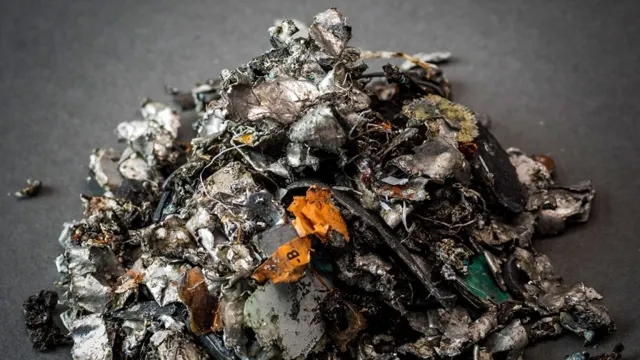
Current State of Electric Car Battery Disposal in NZ
The current state of electric car battery disposal in New Zealand is a topic of growing concern for both environmentalists and businesses. The issue arises because lithium-ion batteries, the type commonly used in electric vehicles, contain chemicals that are harmful to the environment if not disposed of properly. While there are currently no specific regulations in place for the disposal of electric car batteries in New Zealand, the government is working to address this issue through its Waste Minimisation Act.
This act provides guidelines for businesses to follow to reduce the negative impact on the environment caused by waste, including electronic waste. The need for proper battery disposal is crucial, as if not done correctly, the chemicals in the batteries could potentially leak into the soil and water, causing harm to both humans and wildlife. As the use of electric cars continues to rise in New Zealand, it is vital that proper protocols are put in place for the responsible disposal of the batteries, ensuring a sustainable future for all.
How Are Electric Car Batteries Disposed of in NZ?
When it comes to electric car battery disposal in NZ, there are regulations in place to ensure that their environmental impact is minimized. These batteries can be recycled and repurposed, with some companies offering recycling and disposal services. The process involves removing the hazardous materials and recycling the remaining materials such as cobalt, nickel, and lithium to produce new batteries or other products.
Some companies are also looking into innovative ways to repurpose used electric car batteries, such as using them to store energy from renewable sources like solar panels. While there is still much to be done to improve the sustainability of electric car battery disposal, these efforts are a step in the right direction towards creating a cleaner and greener future.
Recycling Electric Car Batteries in NZ
As the world shifts towards cleaner energy sources, the use of electric cars has become increasingly popular. However, with these electric cars come electric car batteries that will eventually need to be recycled. Electric car batteries are different than regular car batteries and require specialized methods of disposal to ensure that they do not harm the environment.
In New Zealand, electric car batteries are collected either by the manufacturer or a third-party company. Once collected, the battery is dismantled, and the individual components are separated for recycling. The battery cells are broken down and the valuable materials are extracted.
These materials are typically reused in the production of new batteries or in other applications. The rest of the battery components, including the plastic casing, are also recycled or disposed of safely. By recycling electric car batteries, we are not only reducing waste but also promoting a more sustainable future.
Disposal of End-of-life Electric Car Batteries
Electric car batteries have a lifespan of around 8-10 years, which raises an important question – what happens to them once they reach the end of their life? In New Zealand, there are regulations in place that require manufacturers and importers of electric vehicles to take responsibility for their end-of-life batteries. This means that they must collect and recycle the batteries in an environmentally friendly manner. The recycling process involves removing any remaining charge in the battery, dismantling it, and separating the components.
The metals, plastics, and chemicals are then recycled or disposed of in a safe and sustainable way. The materials recovered from batteries can be used to manufacture new batteries or other products such as stainless steel and polyester fibers.
While the recycling process is important, it’s also essential to note that some of the components in an electric car battery can be harmful if not disposed of properly.For example, the electrolytes in the battery can be acidic or alkaline and require careful handling. Disposing of electric car batteries in landfills is not recommended as this poses a risk to the environment. It’s important for electric car owners to be aware of the end-of-life options for their batteries and to work with certified recyclers.
Some car manufacturers have also started offering buy-back programs, where they will purchase the used batteries for recycling. Ultimately, responsible disposal of electric car batteries is crucial for protecting the environment and promoting sustainability in the transportation industry.
Government Regulations to Ensure Safe Disposal
In New Zealand, government regulations ensure the safe disposal of electric car batteries. As these batteries contain hazardous materials such as lithium and cobalt, they require careful handling during the recycling process. We strive to recycle these batteries instead of disposing of them in landfills to reduce potential harm to the environment.
The process involves breaking down the batteries into their component parts, such as the reusable metals, plastics, and chemicals. These materials are then repurposed to reduce waste and contribute to the circular economy. With these regulations in place, we can drive the adoption of electric vehicles with the knowledge that we are being responsible stewards of the environment.
What Are the Benefits of Proper Battery Disposal?
Electric car battery disposal in NZ can have a significant impact on the environment, and proper disposal is essential. Discarded batteries contain harmful chemicals that can leak into the soil and water, causing damage to ecosystems and wildlife. By correctly disposing of electric car batteries, we can reduce pollution and protect the environment.
Additionally, recycling old batteries can help conserve natural resources and reduce the demand for mining new materials. Proper disposal also helps safeguard human health and prevents accidents caused by battery explosions or fires. So, if you have an old electric car battery that needs to be disposed of, ensure that it is taken to a licensed recycling facility that meets safety regulations, and do your bit for the environment.
Environmental Impact Reduction
Proper battery disposal is one of the simplest yet most effective ways to reduce the impact of waste on the environment. Throwing away batteries in the regular trash may seem harmless, but it has far-reaching consequences. When batteries decompose in landfills, they release toxic chemicals that contaminate the soil, air, and water.
However, by properly disposing of batteries, we can keep these hazardous materials out of landfills. Recycling batteries conserves natural resources like metals, which can be recovered and reused instead of being extracted again from the earth. Additionally, recycling reduces carbon emissions by decreasing the need to manufacture new batteries from scratch.
By properly disposing of batteries, we can protect our environment, conserve resources, and do our part in creating a sustainable future.
Promoting Sustainable Practices
Battery disposal is a crucial aspect of promoting sustainable practices. Improper battery disposal can lead to a considerable amount of environmental harm, and is a problem that needs to be addressed. There are many benefits to proper battery disposal, including reducing the amount of hazardous waste in landfills and preserving natural resources.
By properly disposing of batteries, we can reduce the likelihood of chemicals leaking into the ground and water supplies, which can be harmful to wildlife and humans alike. Additionally, recycling batteries can lead to the recovery of valuable metals, which can be used in the production of new batteries and other products. Overall, proper battery disposal is essential for promoting sustainable practices and protecting our environment for future generations.
Conclusion
In summary, electric car battery disposal in New Zealand is a complex issue that requires a thoughtful and innovative approach. As our world becomes more environmentally conscious, it is essential that we find sustainable solutions to manage the growing number of electric car batteries that will soon be reaching the end of their useful life. Let’s charge forward with creativity and imagination to ensure that our love for electric vehicles doesn’t end up becoming a shocking burden on our planet.
“
FAQs
What is the proper way to dispose of electric car batteries in New Zealand?
The proper way to dispose of electric car batteries in New Zealand is to bring them to a licensed collection point. These collection points will ensure the batteries are recycled or disposed of safely and in an environmentally friendly manner.
Can electric car batteries be recycled?
Yes, electric car batteries can be recycled. In fact, recycling is the preferred method of disposal as it allows the materials to be reused and reduces waste.
Are there any laws or regulations regarding the disposal of electric car batteries in New Zealand?
Yes, there are laws and regulations regarding the disposal of electric car batteries in New Zealand. The Resource Management Act 1991 and Hazardous Substances and New Organisms Act 1996 provide guidelines for the safe disposal of batteries.
Can I dispose of electric car batteries in my regular household waste bin?
No, electric car batteries should never be disposed of in regular household waste bins. They contain harmful chemicals that can cause damage to the environment and must be disposed of properly at a licensed collection point.
